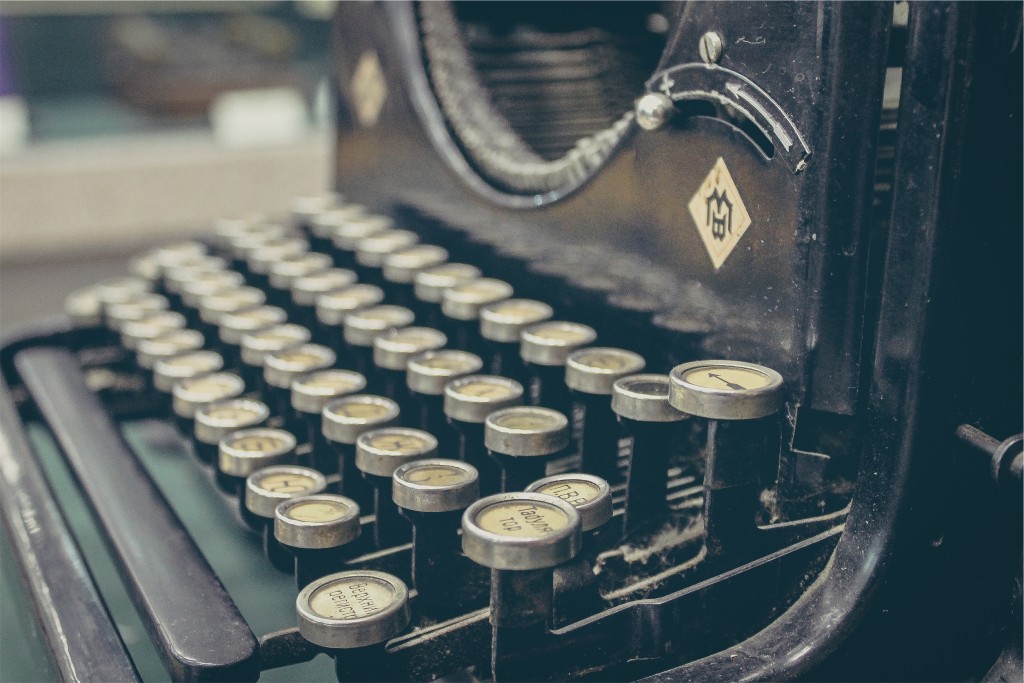This post is aimed at the absolute beginner, but it might help if you’ve temporarily lost your creative-mojo, too!
Maybe you want to write but you’re too scared to try because you don’t think of yourself as creative.
Maybe you had some knock-backs or harsh criticism in the past, or perhaps the idea of creativity just feels out of your reach… Something that you’d love to do but just isn’t on the cards.
You need a crash course in creative thinking and the best news is that it won’t cost you a penny (and very little time).
The first thing to say is that you are already a creative person. I can say this with authority because it’s part of what makes us human. (If any toasters are reading this, sorry, but kudos on the literacy skills).
You are a creative person. You have your unique perspective on the world and a well of individual thoughts, responses, interests and emotions. All you have to do is to start noticing and valuing these things and you’ll find that ideas begin to flow.
Creative thinking is about two things – noticing stuff (external observations and your own thoughts) and then putting them together in new and interesting ways. Don’t worry about the ‘new and interesting’ part just yet, just concentrate on noticing.
So, when you see a person walking their dog while furiously typing into their phone and it strikes you as funny, notice yourself noticing it. Expand on the impression a little by thinking about that person and why that text is so important and serious. Imagine describing the person to someone else and pick out a few details which encapsulate the scene.
Imagine your mind is like a camera, taking snapshots. Fix these images in your mind by being very specific on the details. This will help you to recall the impression later on, but will also hone your powers of description.
Play the ‘what if’ game. What if the sky was a different colour? What if cats could talk? What if a modern-day bubonic plague decimated the population? It’s okay if you can’t think of an answer, just practice asking the questions.
This works just as well for more ‘everyday’ scenarios, too. When I’m on a train or restaurant or waiting room, I like to people-watch (sorry people!), but I also like to think through ‘what if’ for scenarios like a fight breaking out or the train derailing. I think about what I’d do (and feel!) in the situation and what the other people around me would do, too.
Which leads me to my final bit of advice for creative thinking:
Embrace boredom. Boredom is your new best friend.
Intentionally leave your paperback at home and put down your smart phone. Go for a walk without audio accompaniment. Engineer small spaces of time in which you don’t have an escape mechanism for your mind and, instead, entertain yourself with the thoughts in your head. This might feel uncomfortable – even scary – to start with, but it will get easier.
I hope this is useful. Do let me know if you’d like more of this kind of post, and please leave your own tips for creative thinking in the comments. Thank you!

